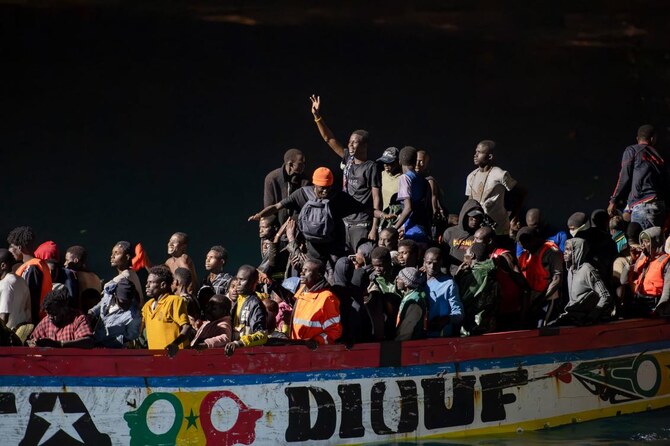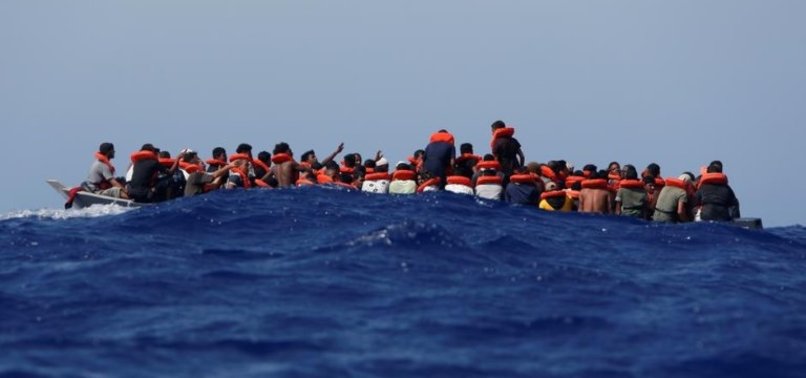Morocco has prevented 45,015 people from illegally migrating to Europe since the beginning of 2024, according to data from the country’s interior ministry reported by state news agency MAP on Friday. The North African nation has also dismantled 177 migrant trafficking gangs during this period, highlighting its ongoing efforts to curb illegal migration.

While the interior ministry did not provide comparative data for the same period in 2023, last year’s figures showed that Morocco stopped 75,184 people from illegally crossing to Europe, marking a 6% increase from the previous year.
In addition to preventing crossings, the Moroccan navy has rescued 10,859 migrants at sea so far this year, demonstrating the country’s dual approach of prevention and humanitarian assistance.

The interior ministry cited increasing migratory pressure as a “direct outcome of the prevailing instability in the Sahel region and porous borders.” This statement underscores the complex regional dynamics influencing migration patterns in North Africa.
Morocco has long been a key departure point for African migrants attempting to reach Europe, whether through Mediterranean sea routes, Atlantic passages, or by scaling the fences surrounding the Spanish enclaves of Ceuta and Melilla. The country’s strategic location has made it a crucial partner in European efforts to manage migration flows.

Since resolving a diplomatic dispute in 2022, Morocco and Spain have strengthened their cooperation in addressing illegal migration. However, challenges persist. Last month, hundreds of migrants took advantage of thick mist to swim to Ceuta, as reported by Spanish police.
The increased surveillance of Morocco’s northern borders has led to a shift in migration patterns, with more migrants attempting the riskier and longer Atlantic route to the Canary Islands. This change in tactics highlights the adaptability of migration flows and the ongoing challenges faced by authorities.
Morocco’s efforts to combat illegal migration are part of a broader regional and international context. The European Union has been working with North African countries to reduce irregular migration, often providing financial and logistical support for border control and economic development initiatives.
REUTERS



